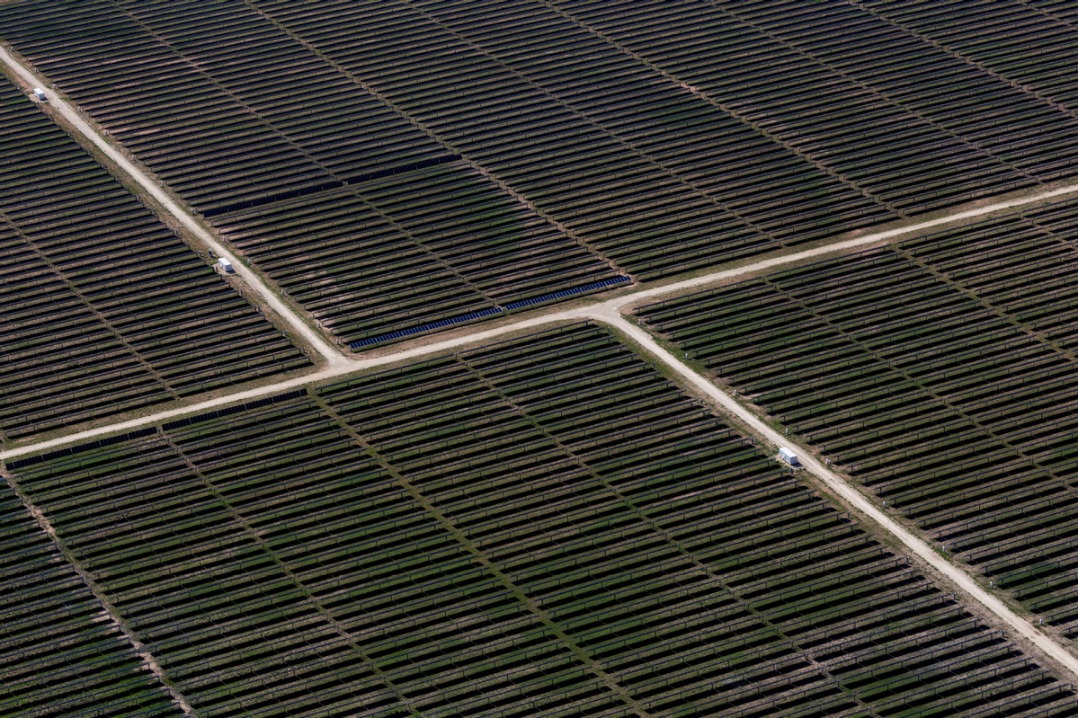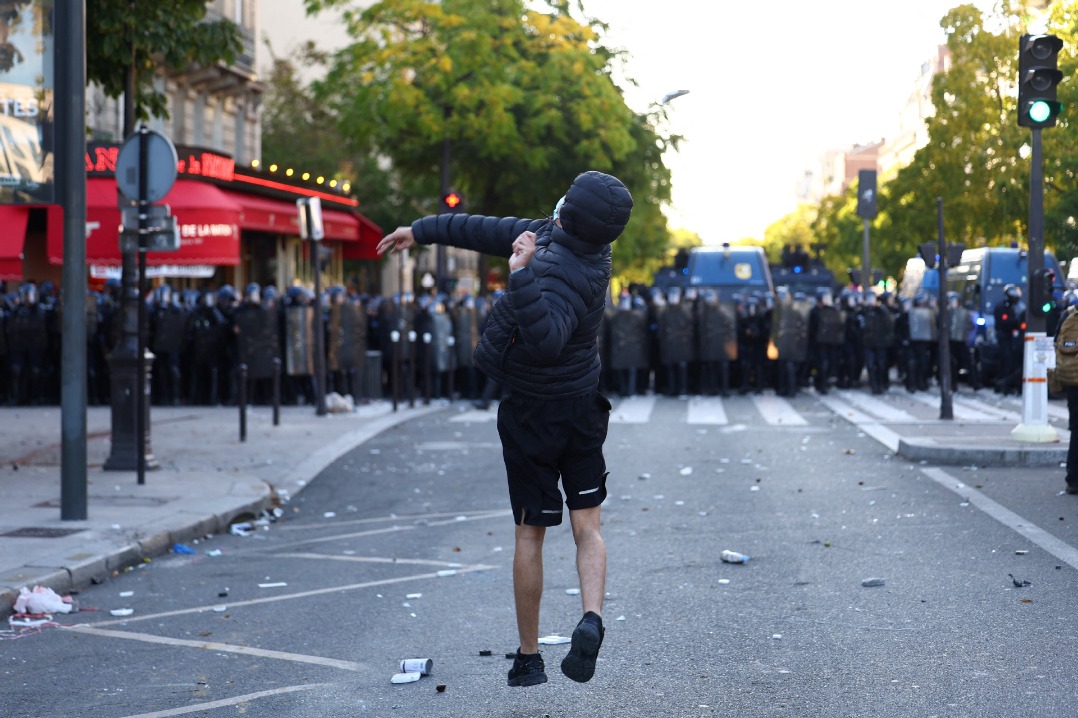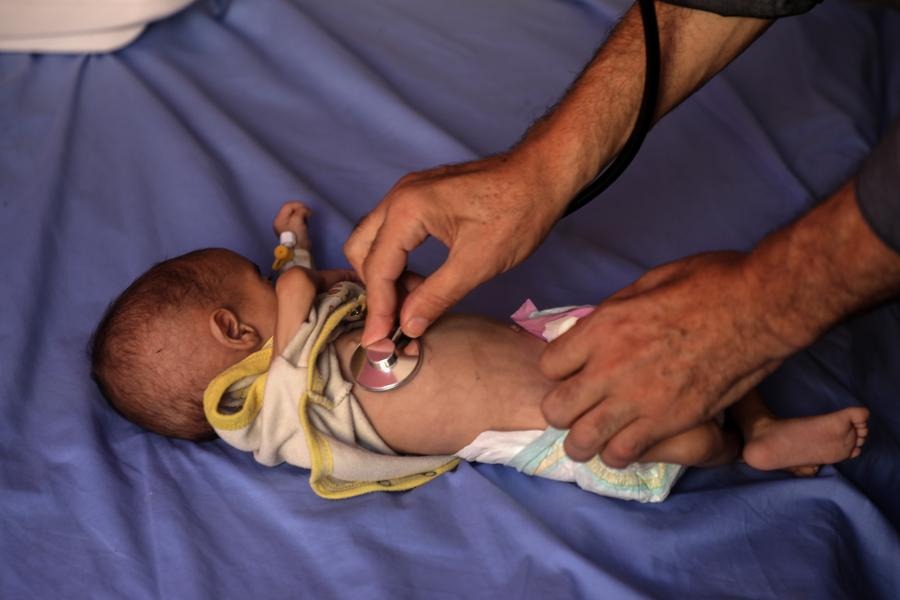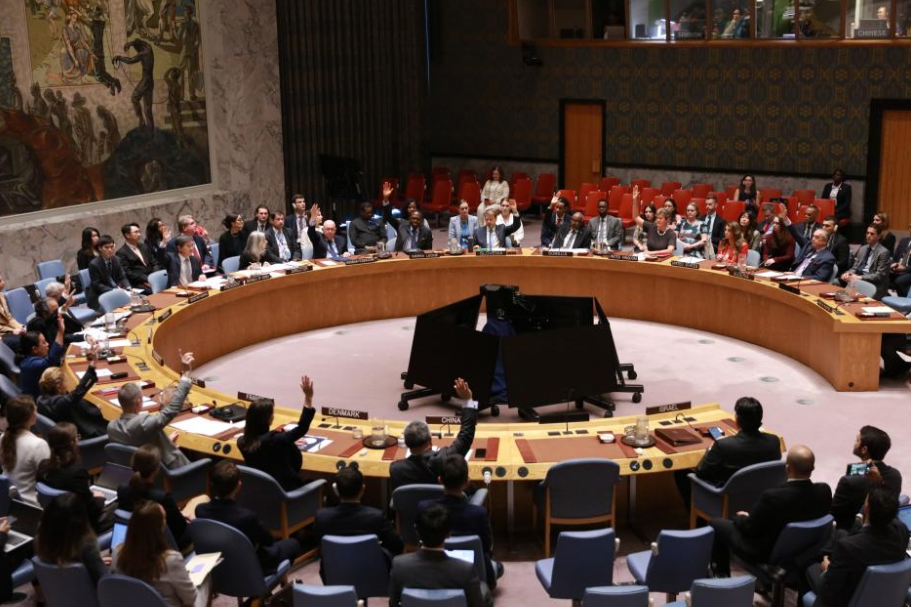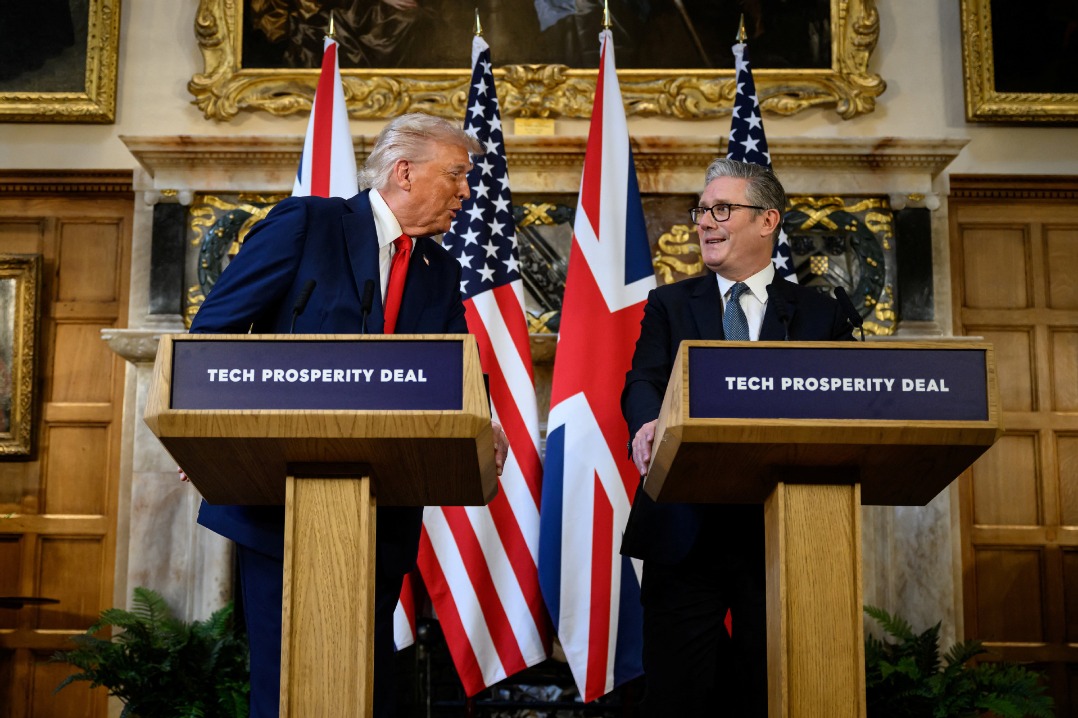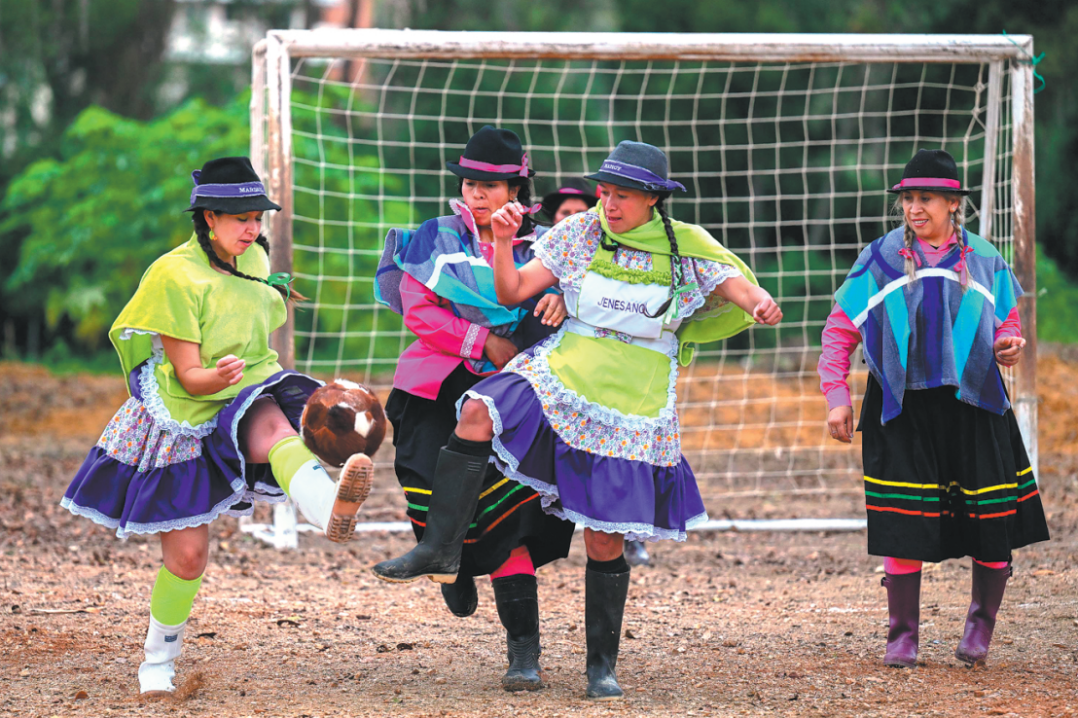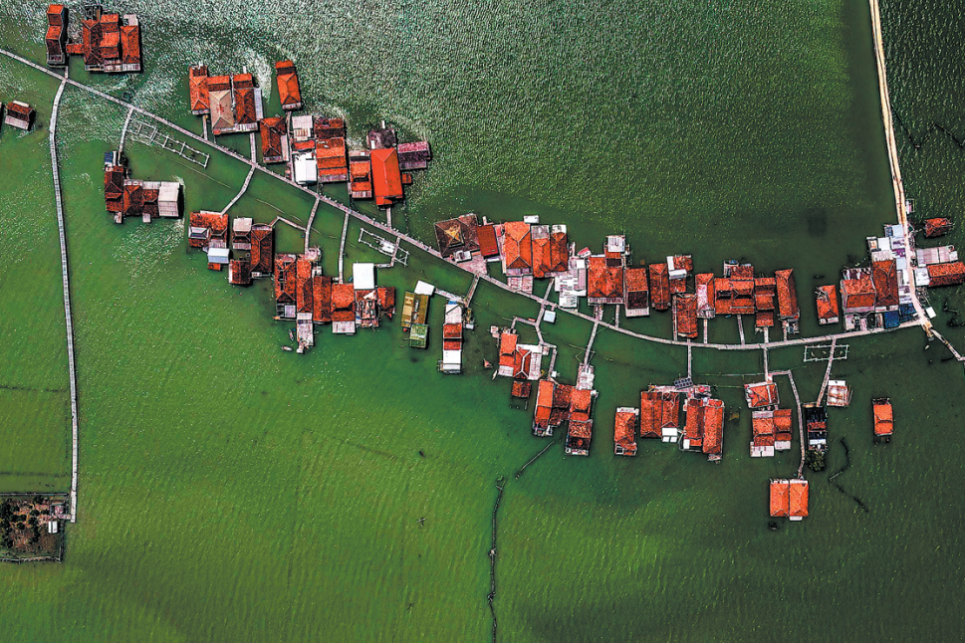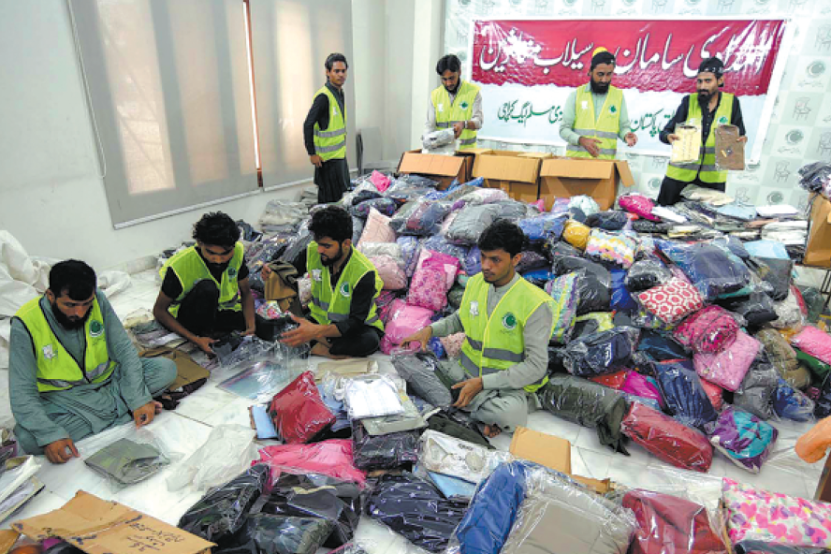War horrors of Japan's Unit 731 in spotlight

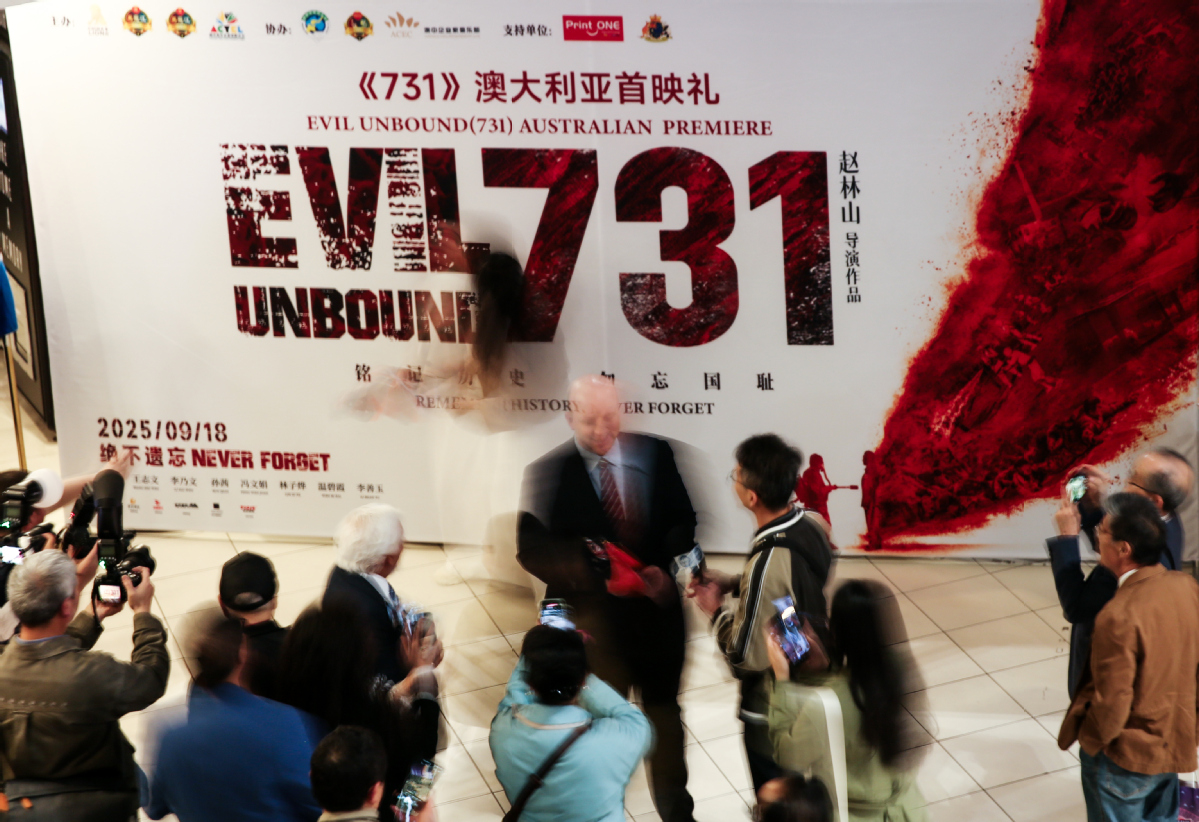
For Australian James Ashbridge, the suffering inflicted by Japanese invaders during World War II has always been closely felt because his hometown of Darwin in the Northern Territory was also a target.
Still, this did not prepare him for the scale of atrocities committed by Japan's Unit 731, the notorious biological warfare force operating in Harbin, Northeast China's Heilongjiang province.
"I've never seen or heard about that before … I had no idea how terrible this situation was in China," the 38-year-old social media entrepreneur told China Daily.
On Thursday, Ashbridge attended a packed Sydney cinema screening of the Australian premiere of Evil Unbound, a movie retelling the horrors of Unit 731. Including Australia, the film, also known as 731, is set for worldwide release. The movie also opened on Thursday in New Zealand, and reached North American theaters on Friday.
Filmgoers in Australia saw the horrific acts committed by the Japanese military, such as frostbite, gas, electric shocks, and other gruesome experiments on humans that left them dying in extreme agony.
According to Harbin's Exhibition Hall of Evidences of Crime Committed by Unit 731 of the Japanese Imperial Army, at least 3,000 people were used for experiments, while Japan's biological weapons killed more than 300,000 people across China's provinces.
Australian journalist Marcus Reubenstein, who also attended the movie premiere, told China Daily that the Chinese were "disproportionately victims of these atrocities by what was Imperial Japan" during a "very dark period of history".
"What happened with Unit 731 during the war was horrendous," Reubenstein said, adding that it was "arguably the most horrendous war crime of all theaters of war" in World War II.
Robert Barwick, national chairman of the Australian Citizens Party, told China Daily that the screening notably coincides with this year's 80th anniversary of the victory in the Chinese People's War of Resistance Against Japanese Aggression (1931-45) and the World Anti-Fascist War.
"Just as there are lots of movies, documentaries, about things like the Holocaust in Europe, it's very important that what's happened in Asia … is not forgotten as well," he said.
"Australians don't remember as much of this history as they should," Barwick said, adding that his grandfather fought the Japanese during the war in the Kokoda Track campaign in what is now Papua New Guinea, as part of the Allied effort.
"China contributed to Australia being saved from the Japanese. It was an effort by many countries, and we should value that," Barwick said.
Ren Yingying, representing the Australia-Heilongjiang Chinese Association, a joint organizer of the premiere screening, said sharing the film with Australian cinema audiences will help remind more people and subsequent generations about a crucial part of history and the hard-fought peace that must always be cherished.
Ashbridge, the social media entrepreneur, said the impact of watching Evil Unbound left him "shaking".
"I was not expecting it to be so raw and so 'in your face', that you see such detail of the torture that took place in China at that time," he said.
Ashbridge added that such movies and the history they reflect would certainly cause people nowadays to think about how lucky they are to live in peaceful times.
"It also reminds me about how far China has come, after having gone through such terrible times," he said.
















